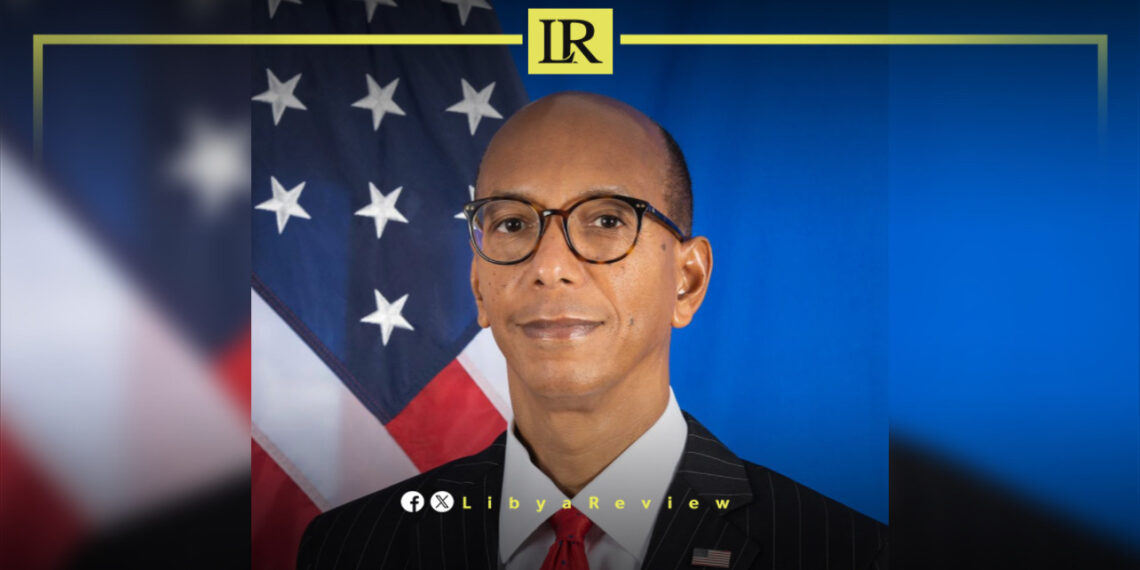On Monday, the U.S. Deputy Ambassador to the United Nations, Robert Wood, reiterated the United States’ call for Libyan political factions to engage actively in dialogue facilitated by the United Nations.
In press statements, Wood emphasized the critical nature of reaching a political agreement as essential for initiating a sustainable process toward long-awaited elections in Libya. He highlighted the strong support of the United States for the innovative efforts of the UN mission in bringing Libyan parties together to negotiate.
The US diplomat criticized those obstructing the political process, attributing a significant share of the blame for the continued lack of a legitimate and unified government in Libya. He accused these obstructers of contributing to the ongoing deterioration of Libya’s political, security, and humanitarian situation.
Further underscoring the U.S. commitment to stability in Libya, Wood mentioned the readiness to use sanctions to deter threats to peace and stability in the region. He noted the increased instability reflected in the recent devaluation of the Libyan dinar and deepening political divisions.
He stressed the necessity for Libya to formulate a unified budget and take steps to stabilize its currency to ensure the equitable provision of essential services and fair revenue distribution. He pointed out that progress toward military unification is vital to reaffirm Libyan sovereignty and prevent the country from being drawn into regional conflicts.
The US deputy ambassador also expressed concern over the situation in neighboring regions like Niger, Chad, Sudan, and Mali, particularly the movement of foreign fighters and the smuggling of arms, which have destabilizing effects on Libya. Wood recalled a February resolution by the UN Security Council calling for the withdrawal of all foreign forces, fighters, and mercenaries from Libya to help stabilize the country.
Wood’s statements reflect a comprehensive U.S. policy approach that encompasses diplomatic support for unity and elections in Libya, the use of economic sanctions to support political stability, and international cooperation to manage broader regional security issues.


